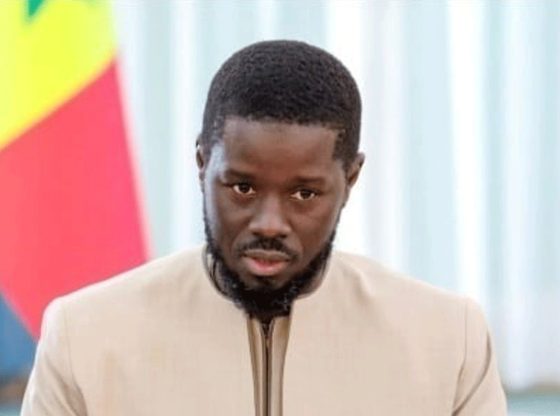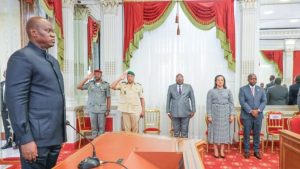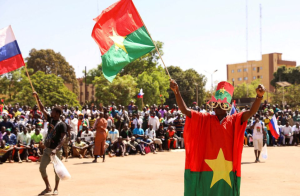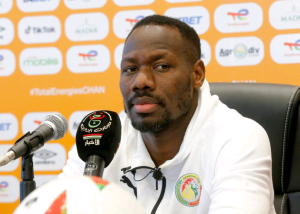Senegal: The People’s sovereignist dream fades under the reign of Diomaye Faye

In Senegal, the hopes sparked by the election of Bassirou Diomaye Faye seem to be fading as time goes by. The institutional and economic reforms that were central to his platform are struggling to materialize, while the promised refocusing of public policy on national priorities remains vague. His bold rhetoric about breaking with Françafrique—which had galvanized a large segment of the electorate eager for sovereignty—now appears to be an electoral promise with no follow-through.
President Faye, who rose to power on a wave of popular support driven by rejection of former political dominance, now seems to be drifting away from that rupture agenda. Instead, a more conciliatory approach toward the former colonial power, France, is emerging, casting doubt on the sincerity of his commitments. This shift is fueling deep disappointment among those who had hoped for a radical change in Senegal’s international relations.
Even more concerning is the growing political rift between Diomaye Faye and his Prime Minister, Ousmane Sonko—the emblematic opposition leader and key architect of the presidential victory. Their disagreement, perceived by some as a betrayal, highlights the dangers of power when it becomes an end in itself, overshadowing the ideals championed during the campaign.
The Senegalese people, who once dreamed of a new era, now find themselves facing a leadership that seems to be yielding to the allure of the status quo. And as seen elsewhere, power can become a prize to guard at all costs—even if it means sacrificing the popular aspirations once used to gain it, on the altar of diplomatic convenience.






